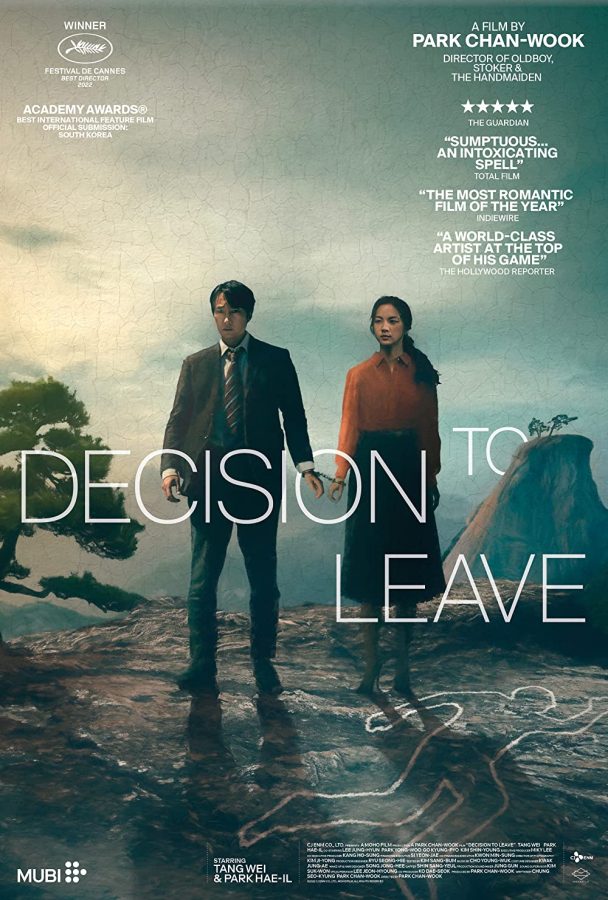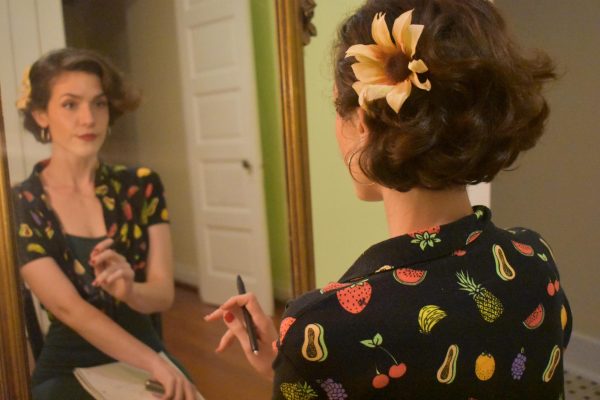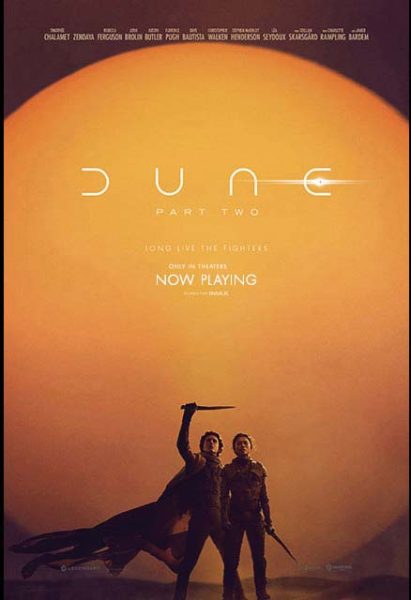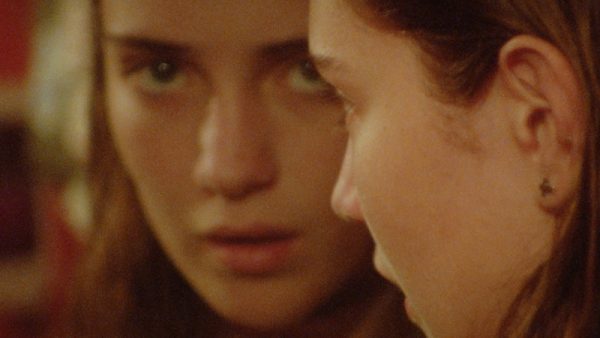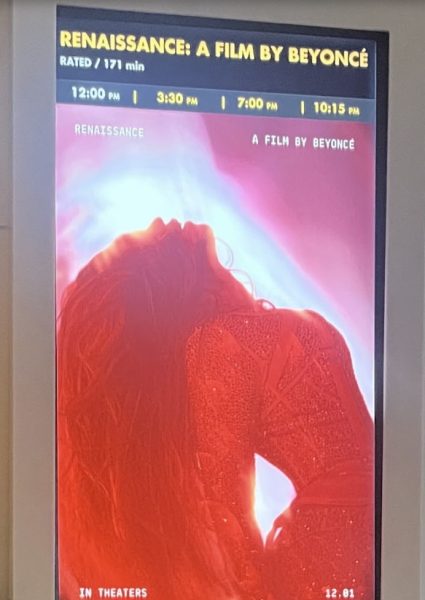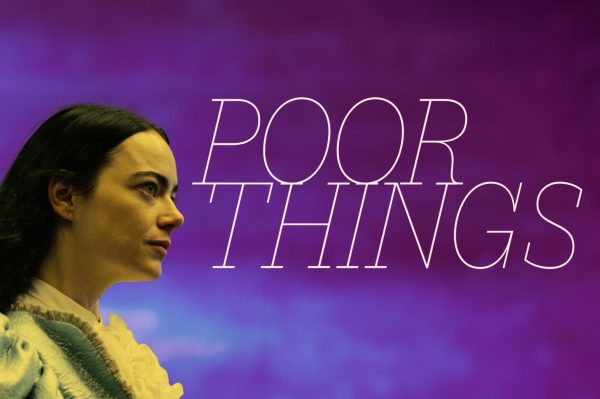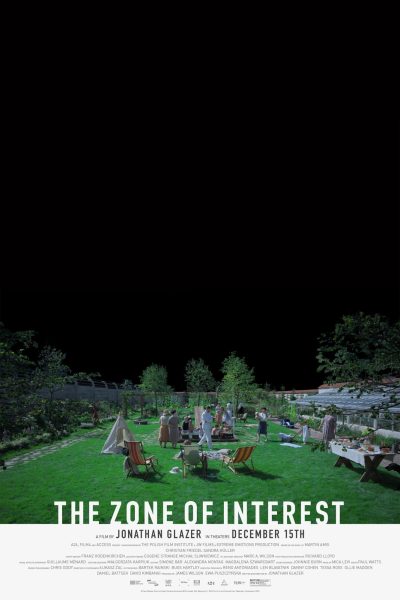“Decision to Leave” review: Between the mountain and the sea
February 6, 2023
Every awards season, I always keep an eye out for Asian prestige films that, in my opinion, eventually receive the accolades they deserve. I’ve sung praises in the past for the likes of “Parasite” and “Drive My Car,” and for 2022 I am championing Park Chan-wook’s latest film “Decision to Leave,” even if the Oscars recently snubbed it. It may be nothing compared to the South Korean auteur’s previous works that thrive on the graphic side of sex and violence (“Oldboy” and “The Handmaiden,” for example), but the suspense thriller’s measured and ultimately devastating tale of obsession and deceit makes it worth watching.
“Decision to Leave” focuses on an insomniac detective named Hae-jun (Park Hae-il), who investigates the mysterious death of a mountain climber. Did he fall from the summit, or was he pushed? Throughout his investigation, Hae-jun meets the widow Seo-rae (Tang Wei), an illegal immigrant from China much younger than her dead husband. These attributes, as well as her insufficient displays of grief, mark her as a suspect in Hae-jun’s eyes. At the same time, he finds himself falling for her.
The film has been widely regarded as a modern equivalent of Alfred Hitchcock’s similarly themed classic “Vertigo,” even though Park stated in an interview that he wasn’t aware of the influence while making his film. Either way, it’s safe to say that “Decision to Leave” is this century’s “Vertigo,” from its practical use of mobile phone technology to advance the plot, to the uniquely shot chase sequences. Thanks to the way Park manages to keep the viewer engaged through inventive transitions to each new scene, it never feels boring and you never feel the two-hour runtime.
Furthering the “Vertigo” analogy, Hae-il is riveting as a James Stewart clone with his dogged determination to solve the crime. But it’s Tang Wei that steals the show with her mesmerizing performance as the film’s femme fatale. All signs point toward Seo-rae as the murderer, but her ever-expressive eyes entice us into thinking otherwise — or even if she did, then her husband probably deserved it. Does the viewer then become seduced by her like Hae-jun? Park certainly takes this approach as he depicts the detective imagining himself in the room with her during his nightly stakeouts outside her apartment, among others.
But then again, Park is never straightforward. “Decision to Leave” defies a clear-cut approach to its detective story by blurring time and space as well as character motivations. The crime that opens the film is only the beginning as it then digs into its thematic core: the forbidden romance between Hae-jun and Seo-rae. He is of the mountain while she is of the sea. They can never be together, and so they rely on the thrill of the chase. As the film reluctantly rushes headlong into this tragic realization, the two characters become entangled in this push and pull that may not end well for either of them.
While Park’s latest may not compare to his other films, that fact alone is simply an understatement. There’s still his signature energetic style through and through, from the transitions and the dark comedy to the fixation on dead bodies. What’s changed is that the Korean auteur has aimed for the heart with a metaphorical dagger in the most devastating way possible, like how Martin Scorsese ditched physical violence for the emotional kind in his sadly underrated period romance “The Age of Innocence.” Sure, it may make the film less rabid, especially within the context of Park’s entire filmography, but it’s sometimes the way to go regarding these types of films.
Beneath all the manipulative suspense, “Decision to Leave” reveals itself as a mood piece that’s easy to get lost in. It may take multiple viewings to fully understand (I saw it twice before writing this review), but sometimes it’s okay to thrive on things left unexplained. After all, a great suspense film is something that you can watch over and over to sift through the clues, no matter how potentially futile it may be. And a film like “Decision to Leave” is bound to be enjoyable in multiple viewings. That is if you like to get hurt over and over again.
Click here to stream “Decision to Leave” on Mubi.



